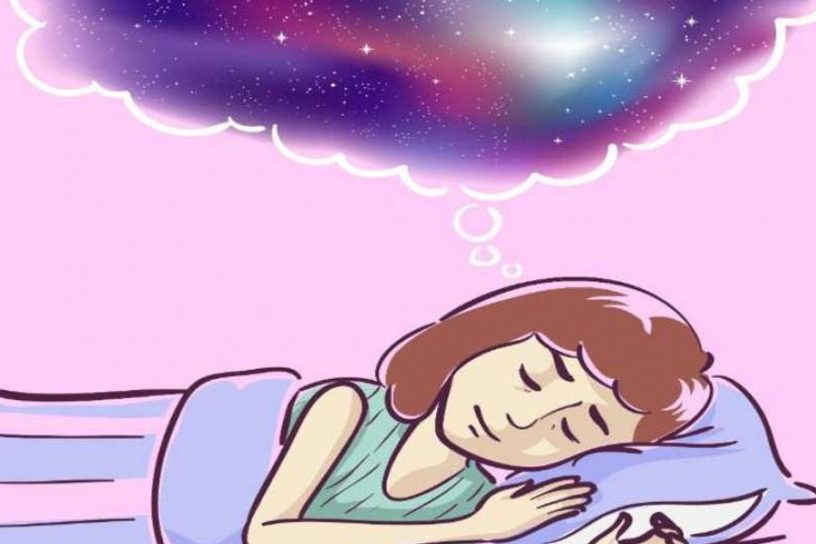
This article examines a much-underrated aspect in the Holmesian canon: dreams and the potential for dream-rehearsals by virtue of the brain’s “dream drugstore” faculty.
Author
Arup K. Chatterjee, Professor of English, Jindal Global Law School, O.P. Jindal Global University, Sonipat, Haryana, India.
Summary
This article examines a much-underrated aspect in the Holmesian canon: dreams and the potential for dream-rehearsals by virtue of the brain’s “dream drugstore” faculty. Frequently described as “dreamy-eyed” or the “dreamer” of Baker Street, Holmes possesses powers of visiting scenes of crime “in spirit,” exhibiting powers of oneirogenesis.
This unorthodox criminological strategy marks him as a critic of Western rationality, placing him in a genealogy dating back to Thomas De Quincey (who recorded vivid hallucinogenic dreams) and The Moonstone’s character Ezra Jennings (practically the first sleuth in Victorian English literature).
In the Holmesian canon, (lucid) dreaming plays a subliminal role, which calls to question what this repressed unorthodoxy in Holmesian investigations implies for the detective’s preeminent science of deduction. Representations and adaptations that do not account for Holmesian oneirogenesis, are incomplete projections of the, ultimately and absolutely, human and oneirically harnessed faculties of the Victorian detective.
Published in: Preternature
To read the full article, please click here.


